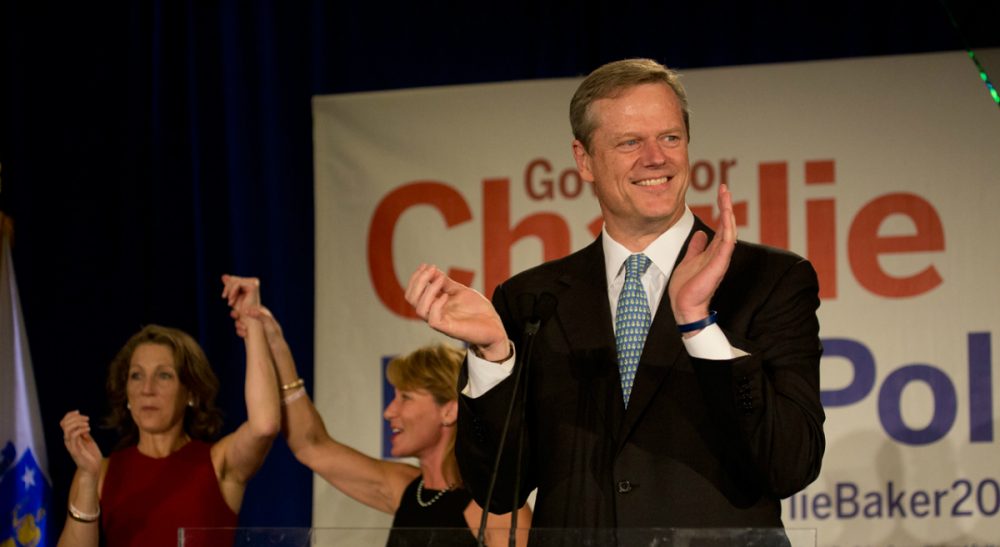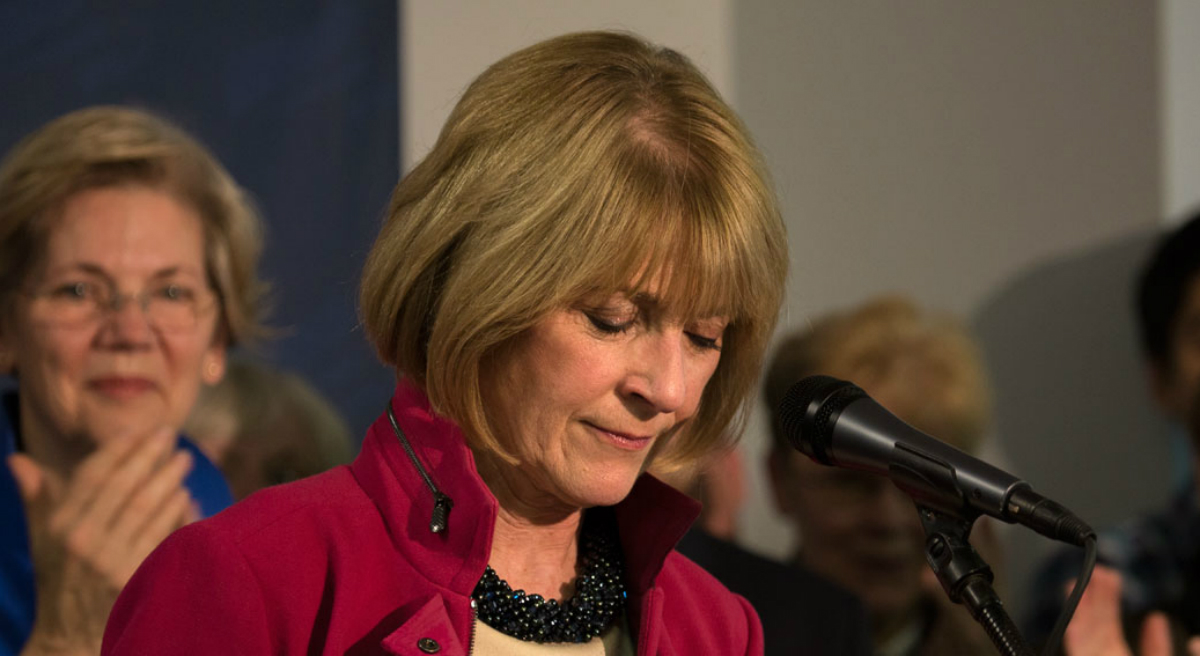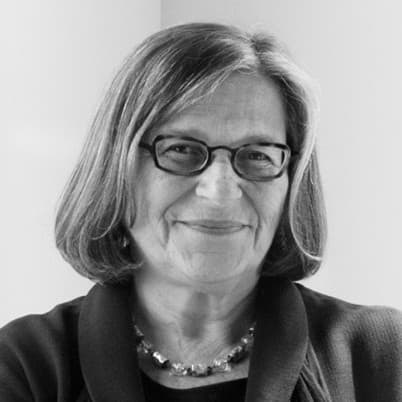Advertisement
Big Spenders Are The Big Winners In Mass. Governor's Race And Ballot Initiatives

Of all the “what ifs” that must be haunting Martha Coakley today – What if independent candidate Evan Falchuk hadn’t siphoned off 3 percent of the liberal vote? What if Mayor Tom Menino’s funeral hadn’t vacuumed up all the media attention for three days? – the most poignant must be, “What if Charlie Baker had agreed to take the "People’s Pledge," abjuring unfettered super PAC cash?
Coakley was outraised and outspent by pro-Baker forces propelling his narrow victory in the governor’s race, with much of Baker’s money coming from nominally 'independent' super PACs.
Coakley was outraised and outspent by pro-Baker forces propelling his narrow victory in the governor’s race, with much of Baker’s money coming from nominally “independent” super PACs. The Commonwealth Future fund, a state super PAC funded primarily by the national Republican Governors Association, reportedly spent $12.4 million on Baker’s behalf, of which $11.8 million went to television ads, most of them negative attacks on Coakley. The Democrat had her own super PACs, funded mostly by labor unions, but she could never match the RGA juggernaut. We will know more as final campaign reports are filed, but as of Nov. 3, Baker’s campaign and his supporting PACs had outspent Coakley forces by $7.3 million.
Money told the tale in other Massachusetts campaigns as well. On the ballot questions, almost all the wining propositions spent more than the losing side. Forces opposed to expanding the state’s bottle deposit law (Question 2), for example, outspent supporters by almost 10 to one. According to the state Office of Campaign and Political Finance, the Campaign to Stop Forced Deposits spent $8.3 million to keep the deposit law confined to carbonated drinks in bottles and cans, while supporters spent $932,000. A person could hardly walk into a sandwich shop or liquor store anywhere in Massachusetts without being confronted with “No on 2” messages.

The anti-bottle bill forces spent the most of any ballot campaign, but the prize for most money raised goes to the pro-casino Coalition to Protect Mass Jobs. The committee raised $12.1 million — mostly from casino companies and labor unions — compared to just $674,000 by casino opponents. The No on Question 3 campaign had so much money on hand by the end of the campaign season that it couldn’t spend it fast enough. By Nov. 1, it still had $6.2 million in the bank.
Even the campaign for earned sick leave, the ballot initiative intended primarily to benefit low-income workers, raised far more than its opposition. The Raise Up Massachusetts campaign, which included progressive religious, labor and community organizing groups, raised just over $1 million by election day, while Vote No forces raised an anemic $47,500.
The one exception to the money rule was Question One, the campaign to de-link the gasoline tax from inflation, which was outspent by supporters of the current law. But Question One enjoyed the narrowest victory of the four ballot initiatives.
Up until this election, Massachusetts has mostly held the line against massive infusions of outside spending in its politics. But the 2014 campaign signaled an end to this distinction...
Not all of this campaign cash sloshed through super PACs, and money wasn’t the only factor in Tuesday’s campaign victories. The winning campaigns and ballot questions mounted clever and compelling messages, often turning expected arguments on their heads. But the financial advantages certainly helped get those messages out.
Up until this election, Massachusetts has mostly held the line against massive infusions of outside spending in its politics. But the 2014 campaign signaled an end to this distinction, as the U. S. Supreme Court struck down donor limits and the People’s Pledge was thrown to the winds.
Fortunately a new state law, signed by Gov. Deval Patrick in August, requires the secretive super PACs to reveal their funding sources. The top five donors over $5,000 of every super PAC must be displayed (albeit in fine print) in any campaign ad financed by an independent expenditure group. Let’s hope this bit of sunshine will help keep Massachusetts politics out of the shadows.
Related:
